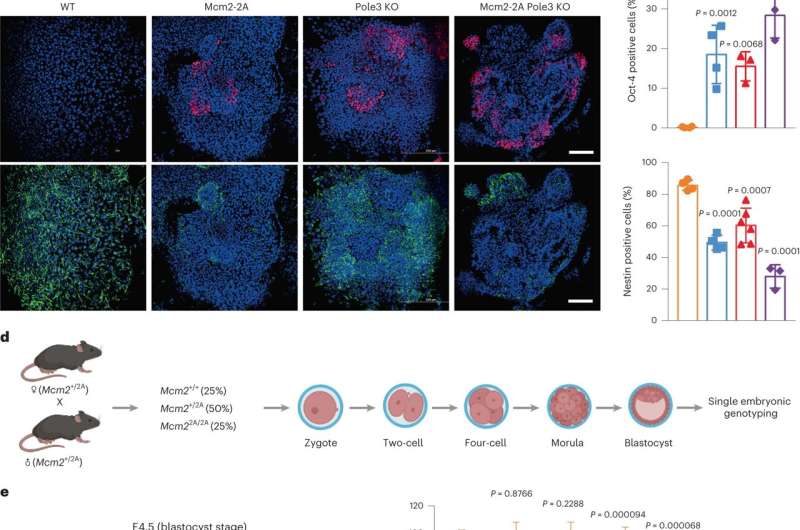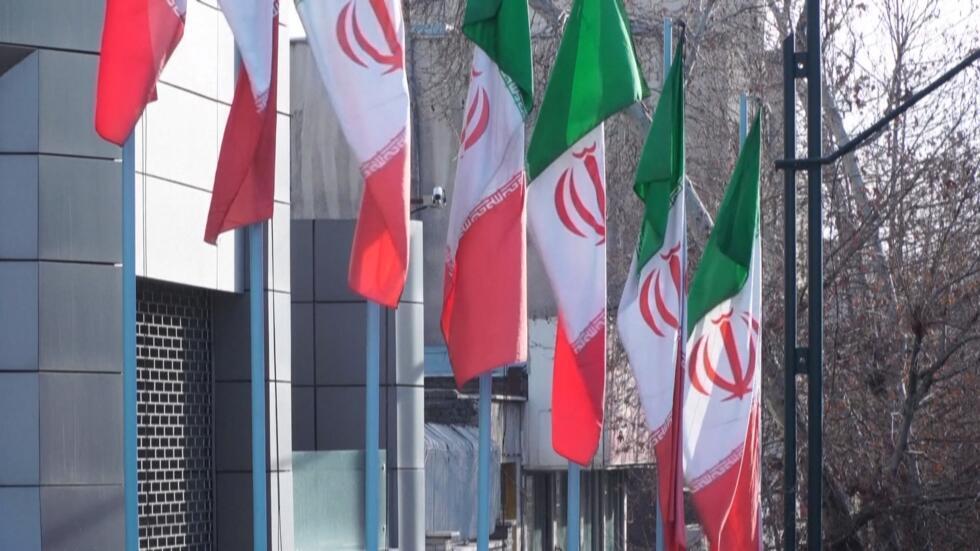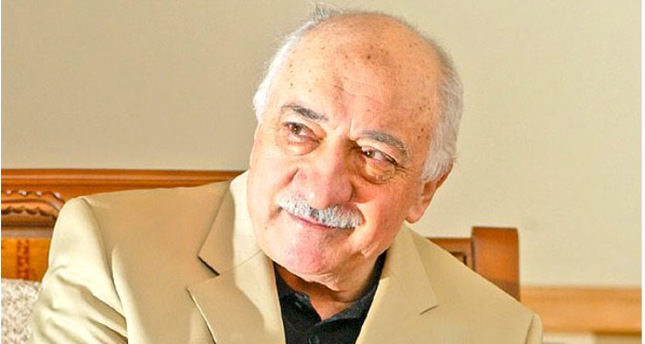A Comprehensive Guide To The Trial's Ending: Tea's Actions And Parental Fate

Table of Contents
Tea's Actions: A Catalyst for K.'s Demise?
Tea, a seemingly insignificant character, occupies a pivotal position in The Trial's Ending. Her ambiguous actions leave readers questioning her true allegiance and influence on K.'s fate. Was she a helpful guide, a manipulative pawn, or something in between? Understanding her role is crucial to interpreting the final moments of the novel.
The Nature of Tea's Allegiance: Was she truly helpful or subtly manipulative?
Analyzing Tea's interactions with K. reveals a complex dynamic. Her actions are often shrouded in ambiguity, making it difficult to definitively label her as either helpful or manipulative.
- Specific scenes showcasing Tea's actions: Consider her initial introduction, where she offers assistance, and her later involvement in arranging K.'s final meeting. Her seemingly innocuous actions create a sense of unease, hinting at a deeper, perhaps sinister, purpose.
- Did her actions hasten or hinder K.'s fate?: Some argue that Tea's assistance, however subtle, inadvertently led K. towards his execution. Others posit that she may have been trying to help him escape, but ultimately failed. Her actions are open to interpretation, contributing to the novel's ambiguity.
- The possibility of Tea as a pawn: It's plausible that Tea was herself a pawn in a larger system, acting under the influence of unseen forces. This interpretation shifts the focus from her personal agency to the overarching bureaucratic machinations of the court.
- Comparing interpretations of Tea's character: Interpretations range from seeing her as a genuine, albeit misguided, helper to considering her a manipulative agent of the court, furthering K.'s downfall.
The Significance of the Final Meeting: Deconstructing the symbolic meaning of K.'s final encounter with Tea before his execution.
The final meeting between K. and Tea in the quarry before his execution is laden with symbolism. The setting, K.'s emotional state, and Tea's detached demeanor all contribute to the ambiguity of The Trial's ending.
- Interpreting the symbolic significance of the quarry: The quarry represents a desolate, liminal space, reflecting K.'s isolation and impending death. Its barrenness underscores the lack of hope and the finality of his situation.
- Analyzing K.'s emotional state: K.'s emotional state during this meeting reveals his resignation, perhaps even a sense of acceptance. This acceptance, however, doesn't necessarily equate to agreement or understanding.
- The implications of Tea's lack of overt emotion: Tea's lack of overt emotion during this crucial moment amplifies the ambiguity surrounding her character. Is her detachment a sign of indifference, or a calculated strategy?
- Evaluating different perspectives on the final exchange's meaning: Different interpretations exist regarding the meaning of their final exchange. Some view it as a quiet acceptance of fate, while others see it as a betrayal or a missed opportunity for understanding.
The Absence of Parental Influence: A Deliberate Omission?
The notable absence of K.'s parents from his legal ordeal and final moments is a striking feature of The Trial. This deliberate omission enhances the narrative's themes of isolation and alienation.
The Lack of Parental Support: Exploring why K.'s parents remain largely absent from his legal battle and final moments.
The lack of parental support significantly contributes to K.'s isolation and helplessness. Their absence underscores the pervasive feeling of abandonment and the individual's struggle against an incomprehensible system.
- Potential reasons for minimizing parental involvement: Kafka might have intentionally excluded parental involvement to emphasize K.'s complete isolation within the Kafkaesque bureaucratic system. Their absence heightens the sense of absurdity and the individual's helplessness.
- The symbolic implications of this absence: The lack of familial support reinforces the themes of isolation and alienation, core aspects of Kafka's work. K.'s journey becomes entirely his own, a solitary struggle against overwhelming forces.
- Considering the relationship between K. and his parents: The nature of K.'s relationship with his parents is never fully explored, leaving open speculation about whether their absence stems from estrangement, indifference, or the overwhelming nature of K.'s situation.
- Alternate interpretations of this absence: The absence of the parents could also be interpreted as symbolic of the breakdown of traditional support structures in a modern, increasingly impersonal world.
Parental Fate: Speculation and Interpretation: Examining the implications of the silence surrounding K.’s parents’ lives after his death.
The novel offers no resolution regarding the fates of K.'s parents after his death. This silence itself becomes a significant element, adding to the overall ambiguity of the ending of The Trial.
- Potential fates of K.’s parents based on narrative context: We can only speculate about their lives following K.'s execution. Did they continue their lives unaffected by his demise, or did his death profoundly alter their experiences?
- The lack of resolution as a deliberate choice: The unresolved status of K.'s parents is arguably a deliberate artistic choice, underscoring the pervasive uncertainty and incompleteness inherent in the novel.
- The larger thematic implications of this unresolved plotline: The ambiguity surrounding K.’s parents’ fate reinforces the novel’s exploration of existential isolation and the pervasive lack of closure that characterizes the human condition.
The Trial's Ending: Unanswered Questions and Multiple Interpretations
The open-ended nature of The Trial's ending is a deliberate stylistic choice. The lack of clear answers enhances its enduring relevance and sparks diverse interpretations.
Ambiguity as a Literary Device: Exploring the power of the novel's open ending and its contribution to its enduring relevance.
Kafka masterfully employs ambiguity as a powerful literary device. The lack of definitive answers forces readers to actively engage with the text, prompting deeper reflection and analysis.
- The benefits of ambiguity in literature: Ambiguity allows for multiple interpretations, enriching the reading experience and ensuring the novel's continued relevance across different times and contexts.
- How unanswered questions contribute to reader engagement: The unanswered questions stimulate debate and analysis, solidifying The Trial’s place as a significant work in literary history.
- Various interpretations of the ending and its symbolism: The ending has sparked countless interpretations, from existentialist readings focusing on the individual's struggle against an indifferent universe to psychoanalytic interpretations exploring K.'s psychological state.
The Broader Context of Kafka's Work: How does The Trial's ending reflect broader themes in Kafka's other works?
The Trial's ending aligns with recurring themes present in Kafka's other works. The ambiguity, alienation, and struggle against bureaucratic systems are central to his overall oeuvre.
- Parallels between the ending of The Trial and other Kafkaesque narratives: The sense of helplessness and the absurd in the face of powerful, impersonal forces is a common thread throughout Kafka's works, mirroring the ambiguous conclusion of The Trial.
- Analyzing the recurrent themes of alienation, bureaucracy, and the absurd: These themes resonate across Kafka's body of work, solidifying his status as a master of depicting the individual's struggle against overwhelming systems.
- Relating these themes to the ambiguity of The Trial’s conclusion: The ambiguous conclusion of The Trial perfectly encapsulates these recurring themes, leaving readers to grapple with the uncertainties and frustrations of existence.
Conclusion:
The enigmatic ending of The Trial, focusing on Tea's actions and the absence of parental figures, leaves a lasting impact on the reader. While definitive answers regarding Tea's motivations and the parents' fate remain elusive, analyzing their roles illuminates the novel's core themes of alienation, justice, and the inherent absurdity of bureaucratic systems. By examining various interpretations and engaging with the ambiguity, we gain a deeper understanding of this complex and profoundly influential work. Further exploration of The Trial's Ending, specifically concerning Tea and the parental figures, is encouraged to fully appreciate its lasting power and significance. Continue your journey into Kafka's masterpiece and unravel the mysteries surrounding The Trial's Ending.

Featured Posts
-
 Police Investigation Launched Following Man City Mascot Injury Haaland Involved
May 19, 2025
Police Investigation Launched Following Man City Mascot Injury Haaland Involved
May 19, 2025 -
 Iran Issues Death Penalty For Mosque Attack Perpetrators
May 19, 2025
Iran Issues Death Penalty For Mosque Attack Perpetrators
May 19, 2025 -
 Analyzing The Rise Of Abusa And Its Potential Impact
May 19, 2025
Analyzing The Rise Of Abusa And Its Potential Impact
May 19, 2025 -
 Saudi Arabias Sabic Potential Initial Public Offering Of Its Gas Assets
May 19, 2025
Saudi Arabias Sabic Potential Initial Public Offering Of Its Gas Assets
May 19, 2025 -
 Youtuber Jyoti Malhotra Puris Srimandir Visit Footage Espionage Probe Deepens
May 19, 2025
Youtuber Jyoti Malhotra Puris Srimandir Visit Footage Espionage Probe Deepens
May 19, 2025
